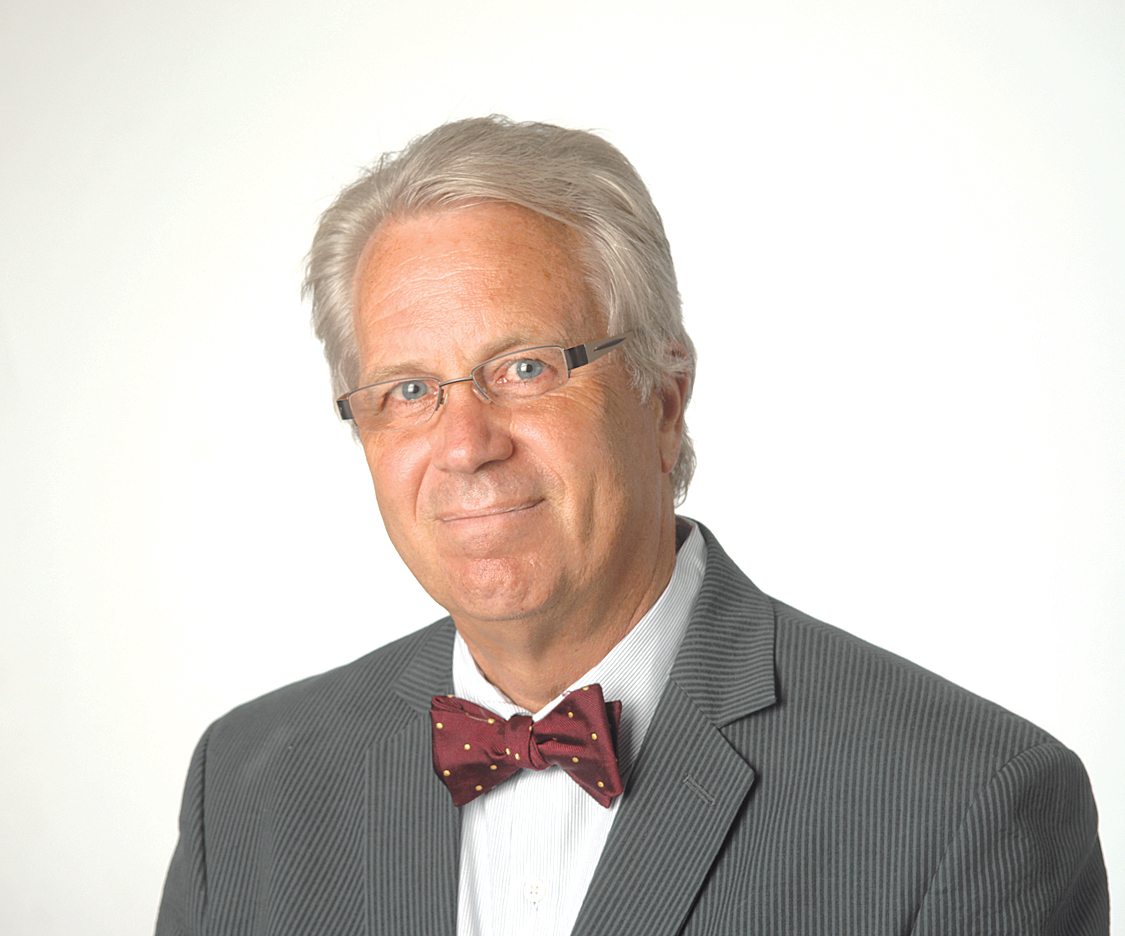The Elbert Files: Left-brain success stories

Editor’s note: This is the second in a two-part series about famous Iowans. Read part one on businessrecord.com.
I wrote last week that most “famous Iowans” had to leave the state to get noticed. This week, I will look at a more select group: Iowans who achieved fame without leaving home.
There are clear differences between the groups.
Famous former Iowans tend to be right-brain people, who are creative, artistic and intuitive. The road to fame for many was show business. That’s why last week’s list was heavy with stars like George “Superman” Reeves, Donna Reed and “Music Man” Meredith Willson. After succeeding, most left Iowa behind, although a few, like opera legend Simon Estes and actor Ashton Kutcher, maintain home-state ties.
Left-brain success stories are different. The left side of the brain is associated with logic, language and analytics. It produces business leaders.
The Des Moines Register’s 2017 list of more than 350 “famous Iowans” was the database for my conclusions. It included mostly famous Iowans from the early- and mid-20th century.
It showed that painter Grant Wood was the most famous right-brain Iowan who continued living in Iowa after succeeding.
But there were many Iowa business leaders who remained in Iowa.
Among them were several Des Moines publishers, including E.T. Meredith, who built a national chain of home and garden magazines from a single farm publication; three generations of Henry Wallaces were renowned farm publishers and agricultural leaders, with two serving as U.S. secretary of agriculture and one as vice president; Gardner Cowles and his sons, Mike and John, created award-winning newspapers in Des Moines and Minneapolis.
Meanwhile, in southwest Iowa, gardening entrepreneurs Earl May and Henry Field were widely recognized for building mail-order businesses that sold seeds and garden equipment, and both broke into broadcasting with radio stations that featured country music.
Four Iowans with the common name “John” were innovators in widely divergent industries.
John Froelich, born in the northeast corner of Iowa in 1849, created an early version of a farm tractor in 1892, which became the basis for a machine John Deere & Co. acquired in 1918 as the driving force for its farm implement business.
Froelich never received credit during his lifetime, according to Register copy editor Tom Longden, who profiled Froelich in 2002, but the other Johns did.
In 1904, John Norris’ father purchased Lennox, a Marshalltown furnace manufacturer. With a mechanical engineering degree, John joined the company in 1927 and spurred innovations that made Lennox a leader in forced-air distribution of home heat.
Des Moines’ John Ruan founded the nation’s largest private trucking company with a single dump truck in 1932 and later was the driving force in the creation of the World Food Prize.
Small-town merchant John K. Hanson of Forest City was in his mid-40s when he founded Winnebago Industries in the 1960s and grew it into one of the nation’s largest manufacturers of motor homes.
Other famous Iowa entrepreneurs include:
Frederick Maytag, born in 1857, grew up in and around Newton, where he acquired a farm implement business in 1909. A year later, he began selling washing machines, then started manufacturing them, becoming one of the largest appliance manufacturers in the nation.
Arthur Collins, born in 1909, turned his boyhood passion for radio communication into a Depression-era business. Following World War II, he grew Collins Radio into one of the largest suppliers of aerospace communications equipment in the world.
Muscatine’s Max Stanley launched two international businesses from his hometown: Stanley Consultants, an engineering and construction services company with offices in 103 countries; and office furniture manufacturer HNI.
George Foerstner was one of a kind, developing refrigerators and microwave ovens for Amana Appliances, the company he helped create in the 1930s, and promoting them with celebrity endorsements.
Iowa’s ultimate left-brain success story is Joe Rosenfield, a Des Moines lawyer and top executive for decades at Younkers department stores. Born in 1904, Rosenfield’s real claim to fame was the creation of Grinnell College’s foundation, now worth nearly $3 billion.
Along the way, Rosenfield mentored many people, including Warren Buffett, John Ruan, Bill Knapp and Jim Cownie, advising them: “Make sure the other guy gets a better deal than you do.”

Dave Elbert
Dave Elbert is a columnist for Business Record.






